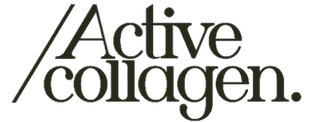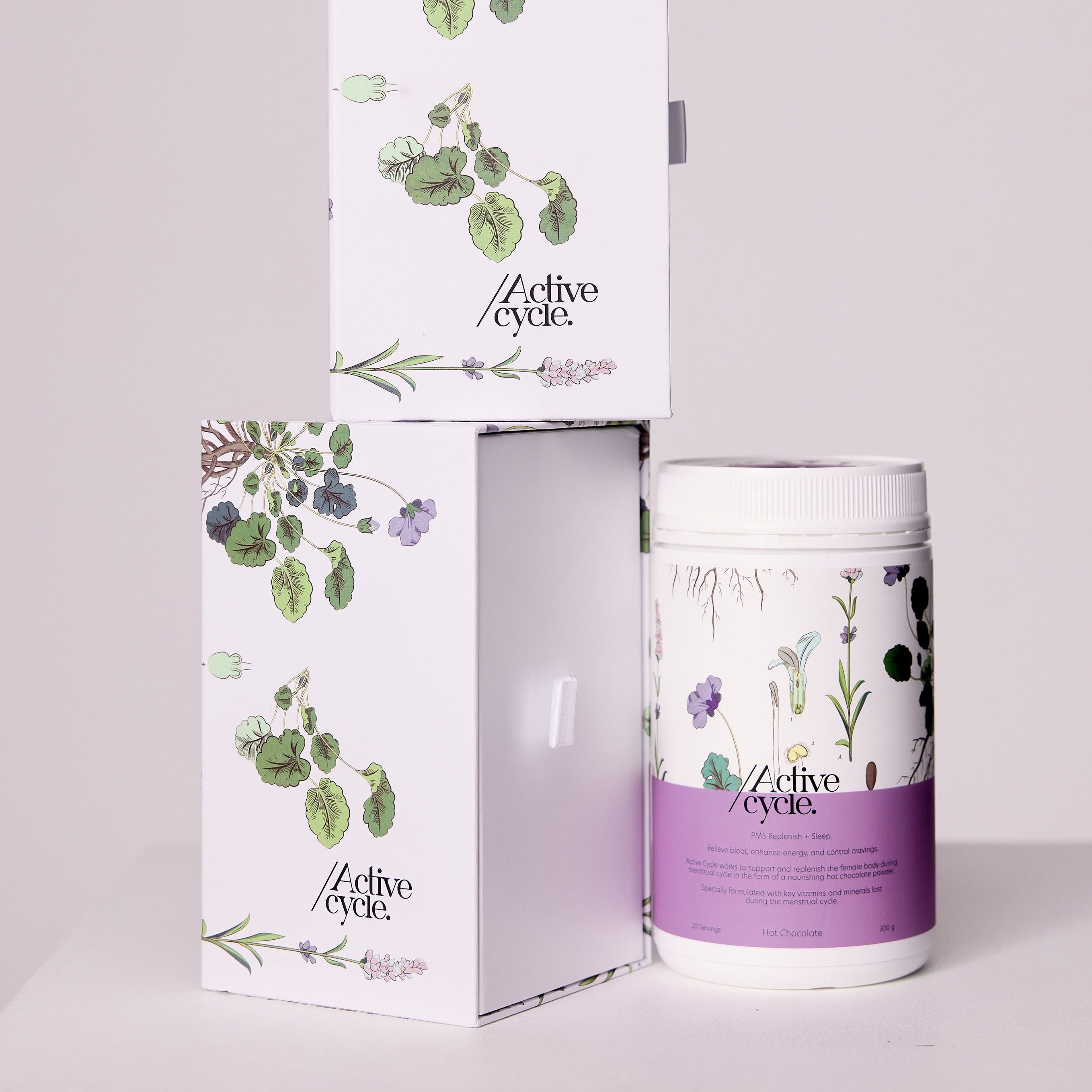Xenoestrogens are a type of endocrine disrupting chemical (EDC); they mimic or block our bodies natural estrogen. And unfortunately, we have all been exposed to them.
Naturally produced estrogen is a female steroid hormone that is responsible for more than just our period health. It is vital for protecting our bones, cardiovascular tissue health, optimizing fertility and has anti-cancer effects. So, listen in!
Xenoestrogens are not made by the body – they are a foreign estrogen. They are found in synthetic industrial materials such as BPA, fragrance, phthalates and pesticides which when we are exposed to them i.e., microwaved food in plastic, they have the ability to bind with estrogen receptors. They can essentially disrupt the normal hormonal activities of estrogen such as false hormonal signalling and encouraging diseases such as breast cancer through estrogen-regulated genes.
They have been deemed as a severe environmental hazard to hormonal health, especially due to their pro-oncogenic behaviour. However, there are a number of ways you can dodge xenoestrogens and support your body in properly eliminating them.
Estrogen Dominance
Estrogen dominance is a condition where there is an imbalance in the amount of estrogen to progesterone – our other reproductive hormone - driven by an overproduction or levels of estrogen or impaired estrogen metabolism. This can be a consequence of xenoestrogen exposure, and an estrogen build up in the body. If you suffer from symptoms such as painful, long or heavy periods, PMS, sore or tender breasts, irregular periods and fibroids avoiding xenoestrogen exposure should be on your radar.
Xenoestrogens & Your Liver
Like most hormones, estrogens are metabolised in the liver. The metabolism process allows estrogens to be excreted through urine or faeces to maintain a healthy balance, however if this process becomes impaired through suboptimal liver function the estrogen cannot be removed and is reabsorbed into circulation. When xenoestrogen exposure is high the liver is under more stress to remove excess estrogens often leading to an imbalance.
Supporting your liver is key here. Avoiding processed foods, alcohol, excess caffeine and refined sugars is going to help you get on top of your estrogen detoxification. Adding in cruciferous vegetables such as broccoli, cauliflower and brussels sprouts are powerhouses in the liver support department when it comes to modulating estrogen. Herbal teas such as dandelion and milk thistle are also a fabulous way to lean into liver love and detoxification.
Things to Avoid
Xenoestrogens are all around us. However, some simple lifestyle changes and habits can be made to decrease their impact on our health:
- Thoroughly washing fruit and vegetables (Pesticides)
- Opting for organic fruit and vegetables (Pesticides)
- Ditching perfume - hello essential oils! (Fragrance)
- Storing food in jars (BPA)
- Organic hair care (Phthalates)
- Heating food in glass or ceramics, not plastic (BPA)
- Using paper bags or beeswax wraps for wrapping food (BPA)
- Invest in a glass water bottle (Phthalates & BPA)
Of course, this can all be done overtime. When you run out of a certain item replace it with the more hormone friendly option. Your endocrine system will thank you!
Wang, X., Ha, D., Yoshitake, R., Chan, Y. S., Sadava, D., & Chen, S. (2021). Exploring the Biological Activity and Mechanism of Xenoestrogens and Phytoestrogens in Cancers: Emerging Methods and Concepts. International journal of molecular sciences, 22(16), 8798. https://doi.org/10.3390/ijms22168798
Patel, S., Homaei, A., Raju, A. B., & Meher, B. R. (2018). Estrogen: The necessary evil for human health, and ways to tame it. Biomedicine & pharmacotherapy = Biomedecine & pharmacotherapie, 102, 403–411. https://doi.org/10.1016/j.biopha.2018.03.078
Tsuchiya, Y., Nakajima, M., & Yokoi, T. (2005). Cytochrome P450-mediated metabolism of estrogens and its regulation in human. Cancer letters, 227(2), 115–124. https://doi.org/10.1016/j.canlet.2004.10.007
Hodges, R. E., & Minich, D. M. (2015). Modulation of Metabolic Detoxification Pathways Using Foods and Food-Derived Components: A Scientific Review with Clinical Application. Journal of nutrition and metabolism, 2015, 760689. https://doi.org/10.1155/2015/760689




